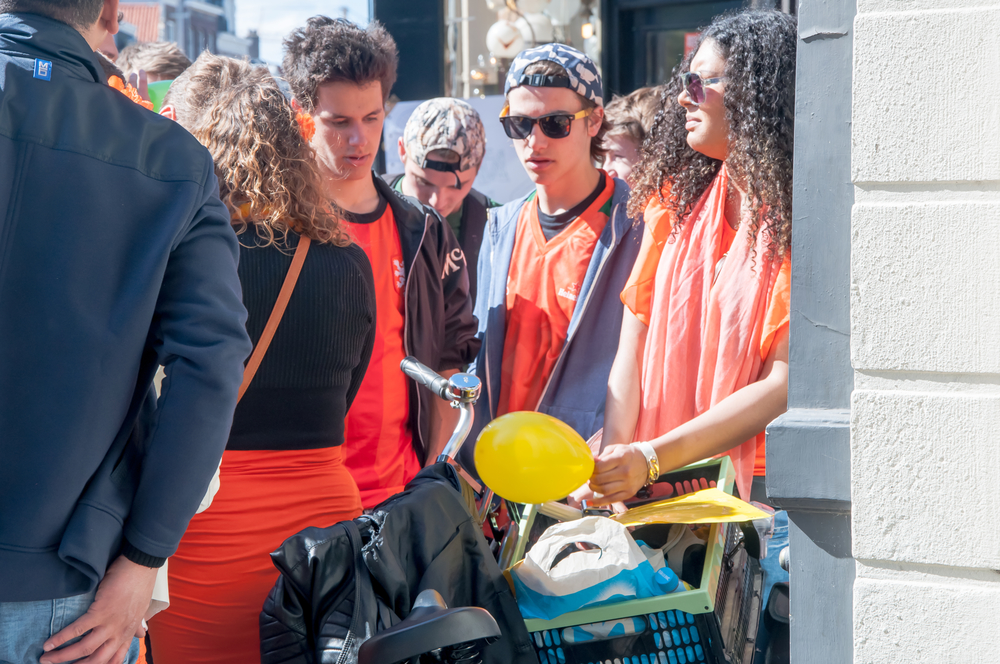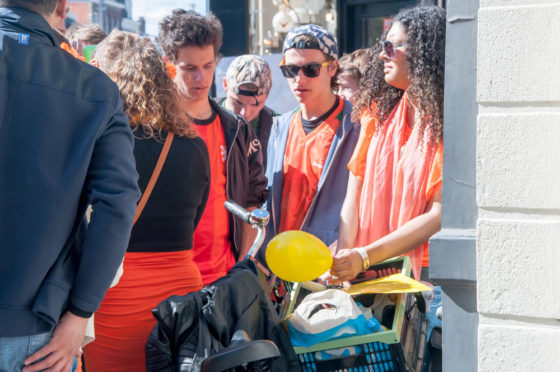Excessive use of laughing gas can lead to serious spinal problems: doctors


At least 64 youngsters have ended up in hospital with spinal injuries over the past two years after inhaling nitrous oxide, or laughing gas, RTL Nieuws has reported.
The figures derive from sampling carried out by the Dutch association of neurologists at a number of Dutch hospitals. In several cases the youngsters, with an average age of 22, ended up in wheelchair, RTL said.
The chronic use of laughing gas can deplete vitamin B12, which in turn can damage the spinal cord. Patients develop weakness in their legs, arms, trunk, and tingling and numbness that progressively worsens.
Neurologists told RTL that the size of the problem is under-estimated and that youngsters who use laughing gas are reluctant to talk about side effects. They also told the broadcaster that they consider the drug to be addictive, even though this has not been proved scientifically.
The patients the neurologists see are using upwards of 100 balloons of the gas a night, Anne Bruijnes told RTL.
Earlier this month, the government published plans to severely restrict the sale of laughing gas to consumers, six months after pledging to take action.
The government decided to intervene following several warnings about the impact of excessive use of the gas on health, which was described in a report by drugs assessment commission CAM last year as ‘average to large’.
There have also been several recent serious road accidents in which laughing gas was involved.
The legislation, which includes exceptions for the use of nitrous oxide in whipped cream dispensers as part of ‘normal purchasing patterns’, has now been put out to public consultation.
Research published earlier this year by the Trimbos institute shows that over 37% of Dutch party goers use laughing gas on a regular basis and that young adults are the most likely to do so.
Thank you for donating to DutchNews.nl.
We could not provide the Dutch News service, and keep it free of charge, without the generous support of our readers. Your donations allow us to report on issues you tell us matter, and provide you with a summary of the most important Dutch news each day.
Make a donation